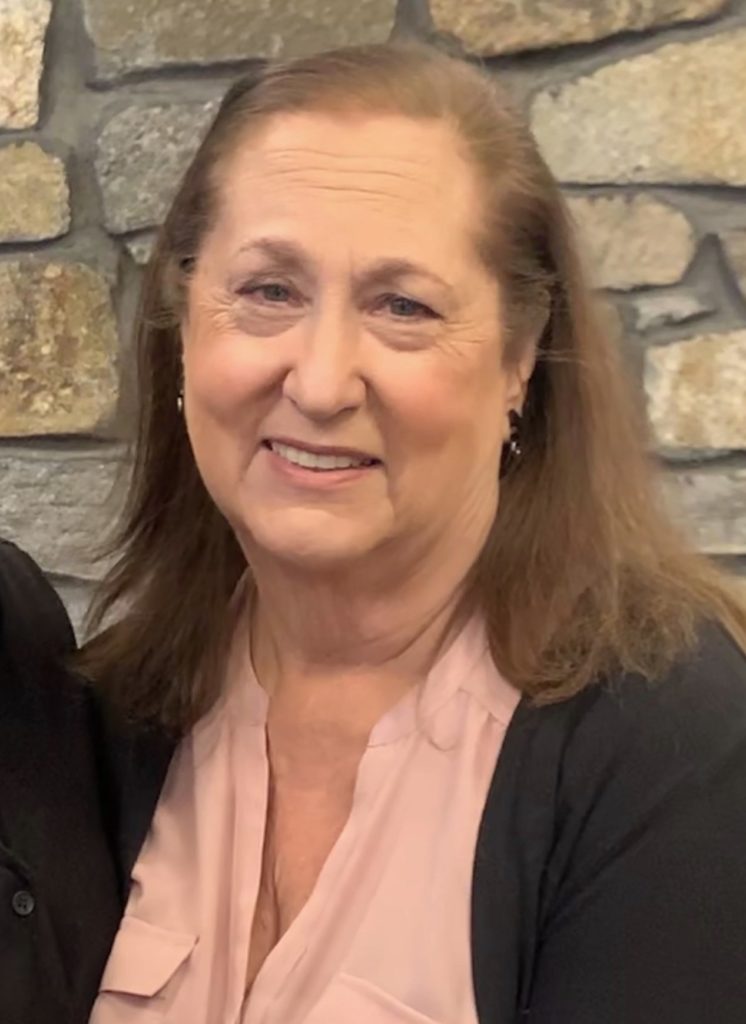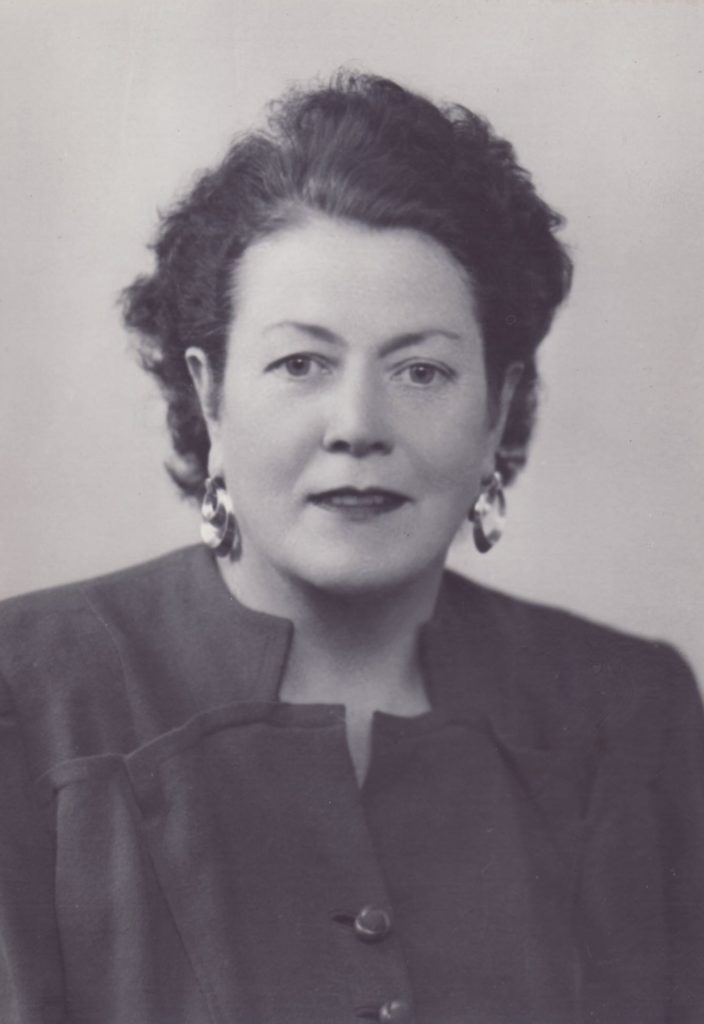
It gives me enormous pride both professionally and personally to know that Eileen J. Garrett has been included in the Society for Psychical Research’s PSI Encyclopedia. I know personally how much work her entry’s author, Dr. Jim Matlock, put into this contribution as he continually shot questions to me for clarification and greater understanding of her life and accomplishments in his desire to be factually correct which had me often scratching my head and digging deep into archives and sources. I thank him as I know how busy he is with his reincarnation studies, writings, and courses, not to mention ongoing research he has undertaken within PF’s grant program.
I urge you to read the fruit of Jim’s labor, Garrett’s entry. Within the biography Jim mentions an editorial that she penned in the Spring 1953 Vol. 1, No. 3 issue of Tomorrow Magazine published by Garrett Publications styled as a “World’s Digest of Psychical Research and Occult Study” entitled What Parapsychology Means to Me. I will share it with you herewith in its entirety and ask that should anyone be so inspired I would love for you to send me your individual statements as to what Parapsychology means to YOU that I can in in some way incorporate and publish as I think the diversity of this blog readers’ opinions and motivations would be no doubt most valuable to students and researchers working in parapsychology that may open various perhaps as yet unconsidered avenues of thought hopefully pushing parapsychology’s “ball” down the court.
But for now here’s Eileen J. Garrett writing to What Parapsychology Means to Me:

I am often asked what the study of parapsychology means to me. Those who have followed my books through the years know that my main or underlying search has been toward understanding the extraordinary number of impressions presented both through the senses and externally by influences within the outlying fields of psychology. These extra-sensory influences have always existed, but only recently have scholars discovered this ‘new territory.’ Already, however, their investigations have tended to reveal the deeper meaning of man; the intricacies of his mind and the nature of the energy which, in pervading matter and working through nature, binds all life together.
Mind has thus become a lordly tenant deserving of investigation. Emerging from the studies already made is a certainty of the subliminal self as an active and efficient agent, working either in or outside of ordinary perception, and gathering vast streams of knowledge whether the primary self is conscious or not.
Can one draw a sharply defined frontier between the so-called objective reality and the knowledge resulting from trance, clairvoyance, clairaudience or other patterns of unorthodox communication? This question has always been and is likely to remain for some time a subject of controversy among philosophers of the greatest merit and experimenters of the highest standing. To many of these I have been exposed.
I can definitely say that my studies have been of the greatest benefit to me personally, for my peregrinations within the various fields of psychical research in quest of better understanding have brought to me a vital sense of discipline.
By virtue of this search and the extension of my faculties of paranormal perception, the missing pieces of meaning of life seem to have fallen into place and formed a synthetic organic unity.
I am often asked is parapsychology a philosophy of life? Does it imply a definite attitude toward religion? Parapsychology is above all a science, (my emphasis) but I consider that study in this particular field, whether general or specifically experimental, must of necessity give deeper significance to the meaning of life. It must also supplement and illuminate the meaning of all religious experiences. At the same time, it is not at variance with any type of religious experience, for the soul of man has neither caste nor creed—these distinctive markings have been created by man himself.
One cannot study parapsychology without becoming aware of a particular sense of responsibility. For me, as a sensitive, this study means a complete reconciliation with the ‘estranged’ or little understood part of my personality. I no longer ask that what is extrasensory be brought in line with what is considered normal. This does not imply any change in my attitude toward objective research; it merely means that the mystical and paranormal experiences are allowed their freedom and that this—what I call ‘reconciliation’ –results in a heightened sense of reality and general well-being.
There is, however, a danger in living so exposed to these various patterns of existence. This sense of well-being encourages tireless exertion and one forgets that there is a limit to what the chemistry of the physical body can accept. I suspect that continual breaks in my own health have occurred because of my own extreme efforts. When I recall the periods of pain and illness, I realize that they have been there from my earliest childhood, when my curiosity was so intense that it brought me continual punishment. As a child I came to regard punishment as necessary, and I may have accepted this pattern as being good throughout my life. I know now that through great periods of discipline I have always found a way not only to recovery but to the ever more perfect equilibrium.
The method of pain and illness may be my own unconscious road toward further insight and experience. On this difficult path of heightened reality I have that continual ‘guidance’ which requires no laborious process of reasoning; I merely accept with serenity the knowledge that a divine potency which exists in all life wraps me around and eliminates fear.
I found personally these statements impactful and hope you do too. As Halloween draws near and PF’s phone gets busier as always when the pubic turns to questioning things that go bump in the night it is beneficial to consider as Garrett did that parapsychology is so much more than a search for ghosts and goblins. BOO!
